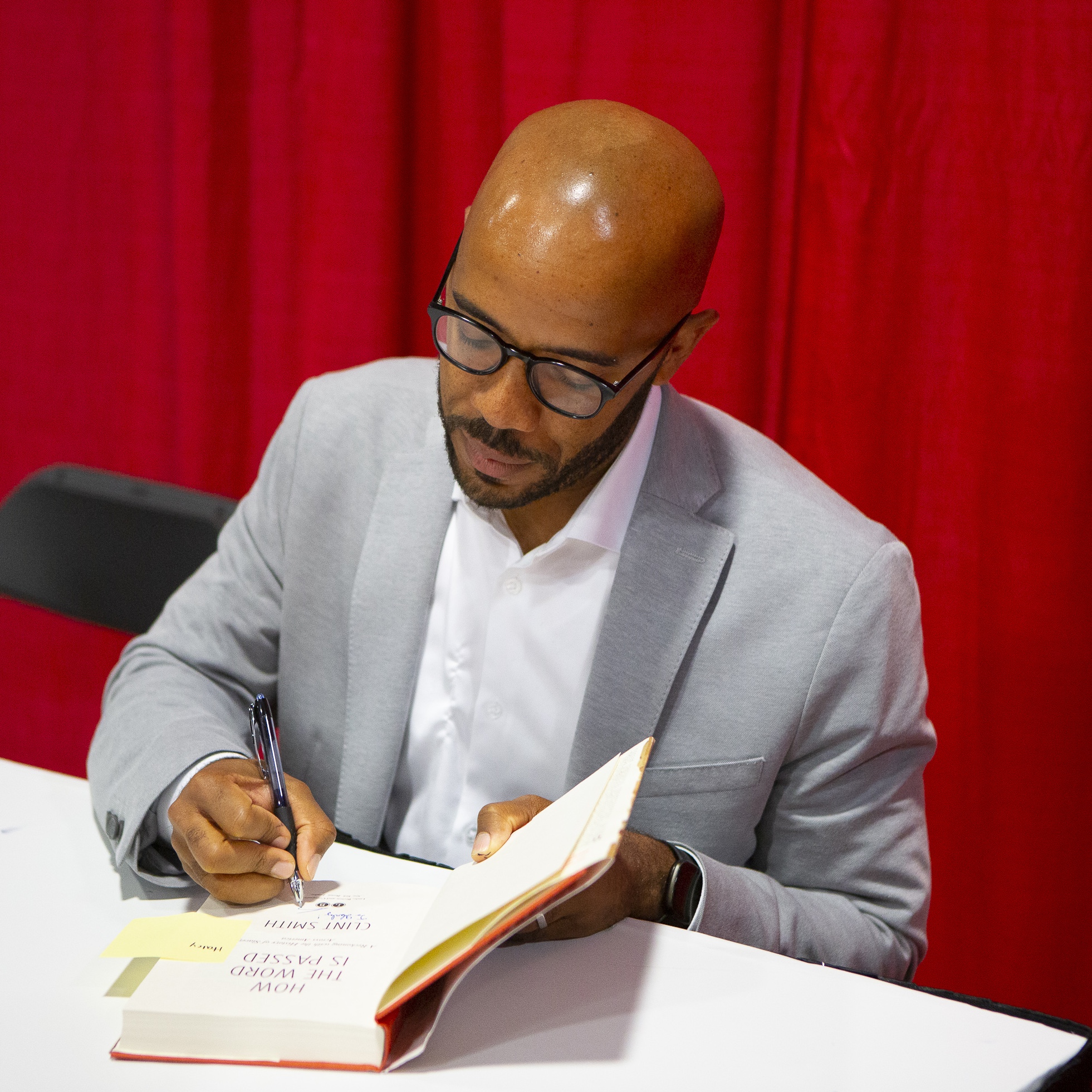If twenty million years ago
The butterfly flew in a different
direction do you think
we would have met, maybe
we wouldn’t have even been
people, maybe we wouldn’t
have even been us, you know,
maybe you would have
been a tortoise and I would
be a raspberry,
maybe we would both be plants
on opposite sides of the same
coral reef, so that we could
have been connected without
ever having met,
maybe I would be an oak cut
down to be the home that held
you, maybe I would have never
been, maybe the butterfly’s wings
would have blown the seed
into the river
and away from the soil
which otherwise would have
become a bush of blueberries
which otherwise would have
been eaten by a squirrel or
some other prehistoric rodent
which otherwise
would have died
in a field of milkweeds
which otherwise would have
been carried by the wind
to another place
which otherwise might have
gotten caught in the feathers
of the bird which otherwise
might have flown to the other
side of the sea I could go on
but what I mean to say
is that it would have been
such a tragedy
if something happened
that would have prevented me
from meeting you
like a butterfly
who didn’t realize it was flying
in the wrong direction.
Published:
2016
Length:
Regular
Literary Movements:
Contemporary
Anthology Years:
2025
Themes:
Friendship
Love & Relationships
Nature
Science & Climate
Literary Devices:
Alliteration
the repetition of the same letter or sound at the beginning of words appearing in succession
Anaphora
a figure of speech in which words repeat at the beginning of successive clauses, phrases, or sentences
Assonance
The repetition of similar vowel sounds that takes place in two or more words in proximity to each other within a line; usually refers to the repetition of internal vowel sounds in words that do not end the same.
Extended Metaphor
a metaphor that extends through several lines or even an entire poem
Interrupted Clause
a word group (a statement, question, or exclamation) that interrupts the flow of a sentence and is usually set off by commas, dashes, or parentheses
Pleonasm
the use of more words than necessary to express meaning, redundancy

